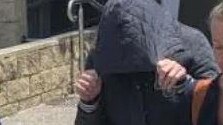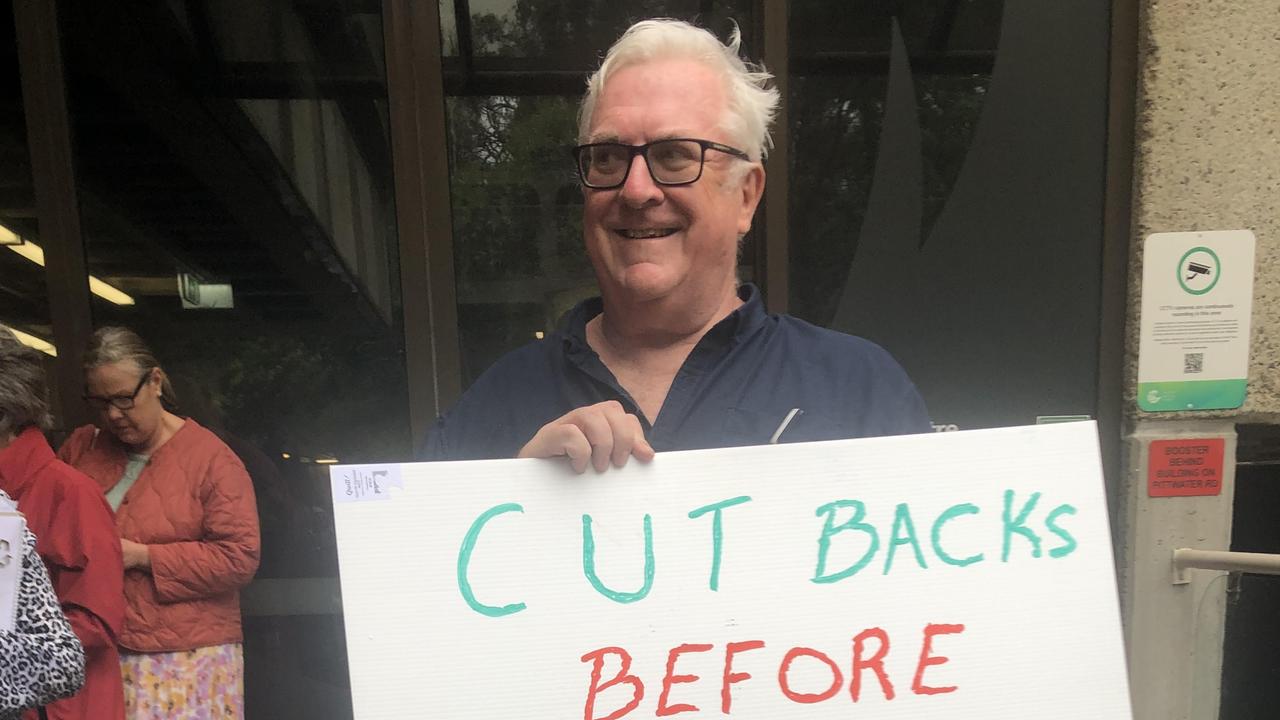Rise in teachers banned from schools for drug use, sexual misconduct and laziness
Almost 100 teachers were removed from classrooms for bad behaviour last year with sexual misconduct offences the most common reason teachers were placed on the “Not To Be Employed” list.

NSW
Don't miss out on the headlines from NSW. Followed categories will be added to My News.
Exclusive: The number of public school teachers removed from classrooms because of sexual misconduct, drug use and general laziness has risen by 200 per cent in the past decade.
A total of 98 teachers were banned for bad behaviour last year, up from just 32 in 2008.
Sexual misconduct offences were a common reason for teachers being placed on the Not to Be Employed list, with 30 removed under that category last year alone.
Among those banned was a temporary teacher who tried to groom a student and an assistant principal who was convicted of child related sexual offences against students.

MORE NEWS
Aussie vets need more pet blood donors
New tough laws target trespassing animal activists
Warning after nearly 200 people go ‘blind’ from fillers
One substitute teacher was black-listed for drinking alcohol in front of students and being inebriated at a school event.
Another casual employee teacher was convicted of cultivating a “prohibited plant”.
President of the NSW Primary Principals Association Phil Seymour said some teachers were sent from schools and placed on ‘alternative duties’ if the alleged incident threatened the safety of students.
“Sometimes if it is a serious enough incident they will withdraw them from the school and place them in a district office on ‘alternative duties’,” Mr Seymour said.
“They’re doing busy work, other little jobs people need doing.”

They sit alongside other teachers being investigated in departmental offices and must attend every day.
Even though they’re doing ‘busy work’, teachers placed on alternative duties still receive their full salary for the length of the investigation — which in some cases can take months.
“(Staff) investigated for inappropriate behaviour are considered innocent until found otherwise and continue to receive their normal salary, even if moved to another work location,” a department spokesman said.
He said the rise in the number of teachers being struck off was due higher performance standards and an increase in the teacher population over the past decade.
Schools had become tougher on lazy teachers, the spokesman said.

A total of 29 teachers were “deemed inefficient” last year. They either resigned, were medically retired or were sacked from their position.
One of those included a probationary teacher out of university whose employment was “annulled” after the employee was deemed inefficient.
Poor teachers are spoken to by principals and if they don’t improve they must complete a 10 week program. The teacher’s classes monitored and they are re-educated about the basics of teaching.
“In addition to dismissal, disciplinary action can include demotion or a fine,” the department spokesman said.
Academic Mohan Dhall said the increase showed teacher accreditation legislation which had been rolled out in NSW schools from 2016 was working.
“What they used to do was move problem people from place to place. It is a positive move, it is a relative small number for the large number of teachers,” he said.
Originally published as Rise in teachers banned from schools for drug use, sexual misconduct and laziness


